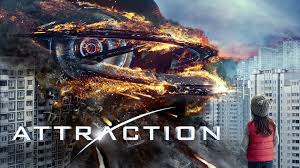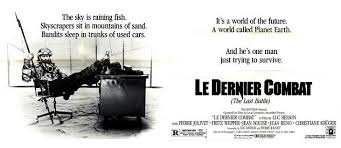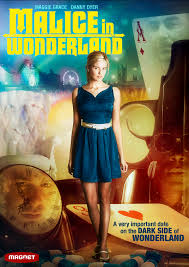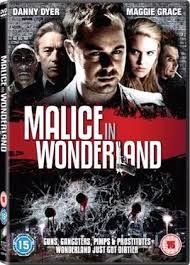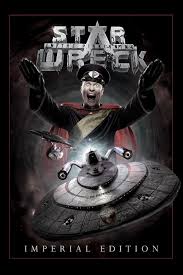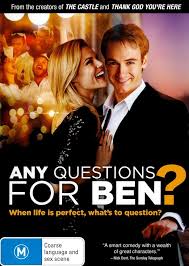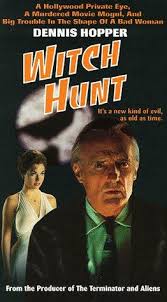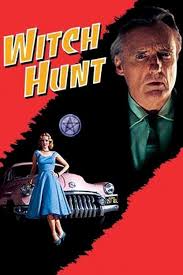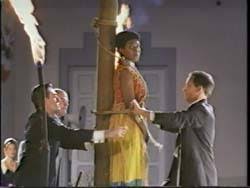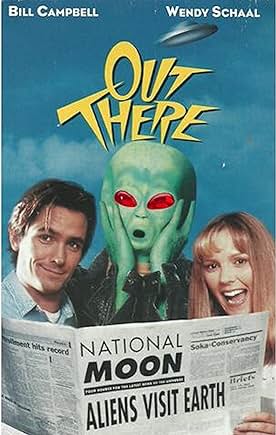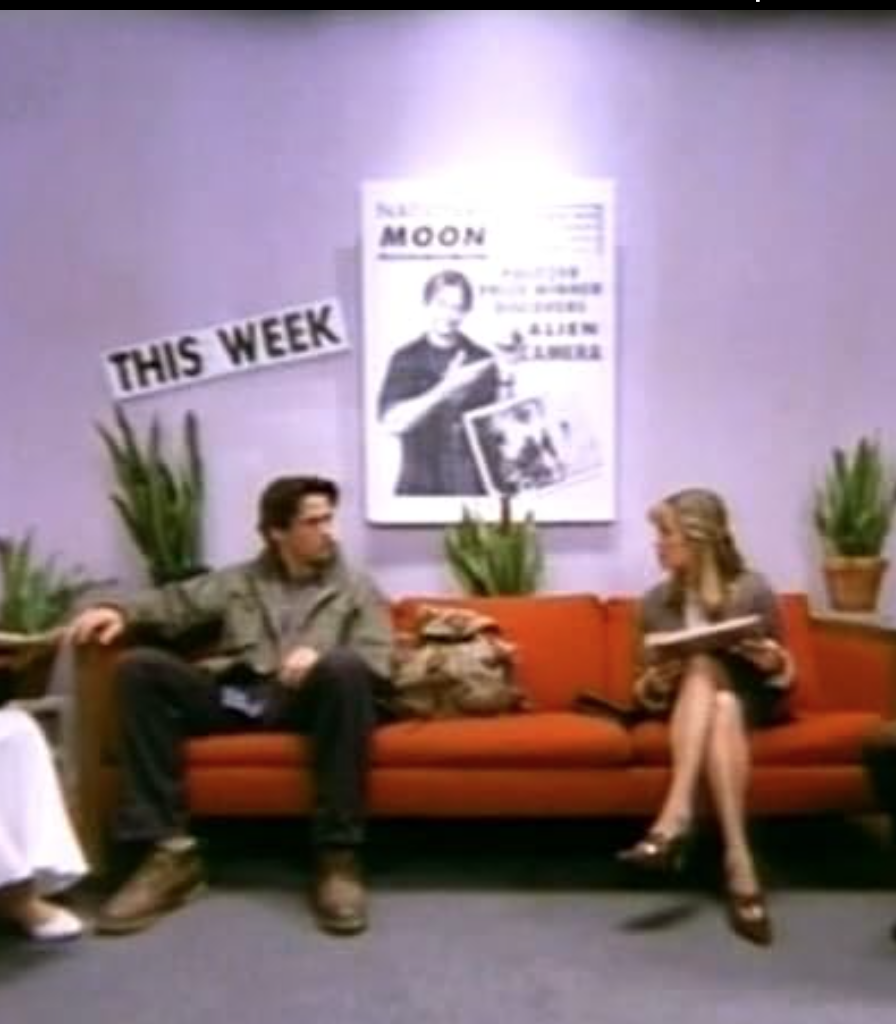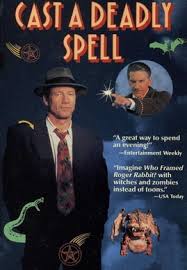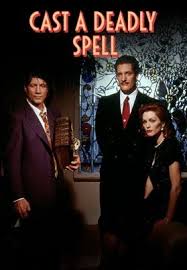Attraction (2017)
IMDb meta-data is a runtime of 2h and 12m, rated 5.6 by 14,121 cinematizens.
Genre: SyFy; Species: First Contact.
DNA: Russia.
Verdict: Thoughtful.

Tagline: Oops!
The aliens may have superior technology but when a fuse blows, well it blows, and the next thing you know a gigantic space ship is cartwheeling down the street in central Moscow, leaving a path of death and destruction behind. Was the pilot under the influence of vodka? What now? Indeed, a good question.
As per the script of It Came from Outer Space (1953), and we even see the name of lead from that film on a poster early on, the aliens just want to change the fuse and go home in time for the big game. Problem is, no fuses. Inspired by Qantas, UFO management has decreed no spare parts be carried to cut costs.
How do the locals react? That is the main focus of the film. Of course, the army is much in evidence, and politicians posture – at a far safer distance than the troops. But stop right there. The usual stereotypes from The Arrival (1996) or Arrival (2016) have the week off.
The army officer is cautious and the troops are disciplined, and he advises patience, after all we shot it down.* While one politician pontificates for the camera, the minister is no hurry to make a mistake. Putin is too busy grooming Trump, so he delegates a minister to deal with the aliens to ensure deniability.
No doubt the reluctance immediately to launch into shoot ‘em up has put off many raters. (There is a sequel where this thirst is quenched.)
We see reactions among students, soldiers, citizens whose family and friends were killed in the crash, and more, but no churchman. Of all the unscrupulous charlatans, you’d think they would be well represented, but no.
The cinematography is superb, as are the effects and CGI, as is the acting, especially from the the thirty-year-olds playing high school students. No irony intended, because they do it well. Best of all, no brilliant geniuses, that lazy cliché of far too many screenwriters who project their own wishful thinking in that trope.
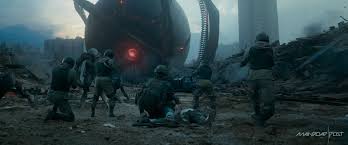
Nonetheless, several of my well-worn complaints apply. It is far too long. The similarity of the lover boy and alien is confusing. Why does the alien sport designer face fuzz, after all, and why did he shed the impenetrable armour? Early on not quite sure how the armour clad alien communicated with the colonel. What was the point about water? Why didn’t the alien(s) remain in the indestructible ship? Nor how Pauline escaped from the peril of the crumbling apartment building. How did they get into the hospital? The transfusion, well…. Loose ends, there are many.
Still far more intelligent and insightful than the Hollywood block busters of this ilk. Right up to the explosion of violence in the last 30-minutes when it descends to the arrested development of La La Land.
*The blown fuse took out the stealth cloak, and once revealed, the Red Air Force shot the indestructible (?) UFO down and it crashed in middle of Moscow, but no where near the Kremlin. Too bad.

